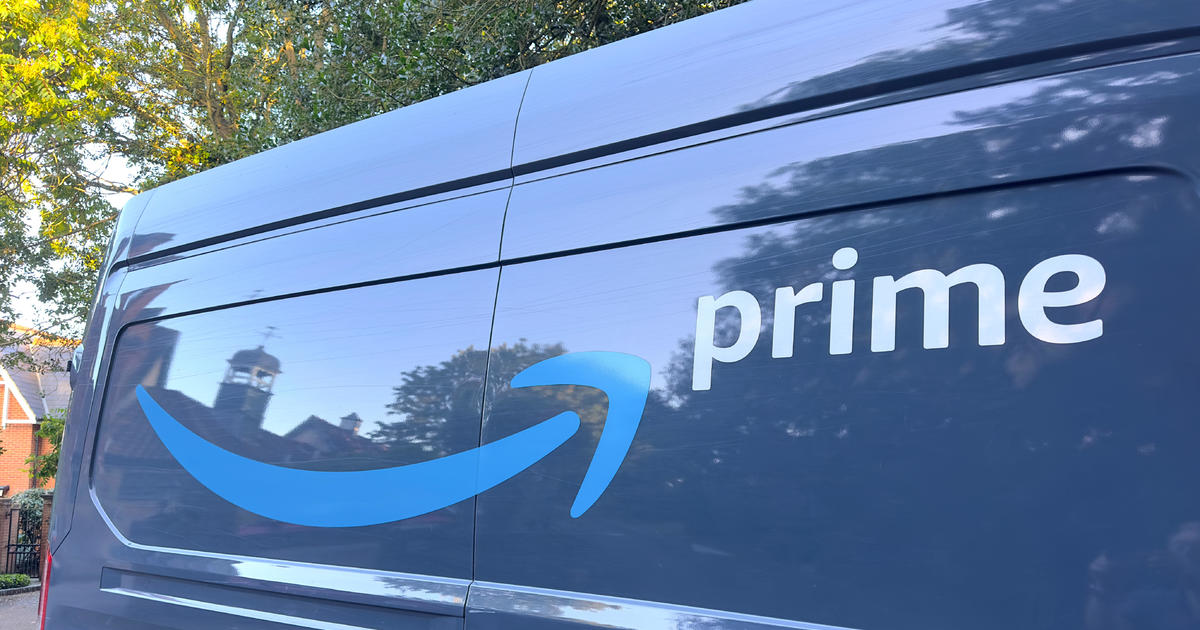Can New York make back its Amazon investment?
Despite New York City's tough reputation, it appears to have been out-negotiated by Virginia's Arlington County in the 238-city frenzy to snare Amazon's HQ2. That heated competition ended with the announcement Tuesday of two winners for the $5 billion development prize.
Each location will get 25,000 jobs with six-figure salaries. Arlington promised $550 million in subsidies, while New York will shell out three times that amount. New York state is kicking in $1.5 billion in direct tax credits, $10 million in job-training costs and amenities such as the cost of building a corporate helipad for the Long Island City site.
"Incentives are highly contentious today, but we call them a necessary evil," said John Boyd, principal at the Boyd Co., a site-selection firm that advises companies and municipalities. He pointed out that Amazon passed up a nearly $8 billion subsidy package just across the river in Newark, New Jersey, in favor of Long Island City, in the New York City borough of Queens. "I think the New York taxpayer got a great deal."
Whether that deal pays off and becomes -- as New York Gov. Andrew Cuomo claimed Tuesday, "a big moneymaker" for the city and state -- depends on a number of factors. Here are four areas to watch, according to economists and economic development experts.
Who will get the jobs?
Neither New York nor the Washington, D.C., area have trouble generating jobs for their more highly skilled residents, but both struggle with higher-than-average unemployment, higher-than-average poverty and limited social mobility. Amazon's Long island City site will abut the country's largest public housing development, Queensbridge Houses, where the average household income is just $15,000. Without a concerted effort, it's unlikely that many of these residents will be in line for an Amazon job paying $150,000.
"As we've seen in Seattle, the Bay Area, and in other cities where unfettered tech development has been allowed to spread, without good jobs specifically set aside for local residents and without strong protections for both tenants and middle-income homeowners, displacement is guaranteed," said the Association for Neighborhood and Housing Development.
Amazon's agreement with the city doesn't include a local job-hiring guarantee, it does contain $15 million -- $5 million of it from Amazon -- for job-training programs that prioritize lower-income workers or those without higher education. Nonprofit groups like Per Scholas, a Bronx-based job-training program, and Pursuit (formerly C4Q), a Queens technology training center, were involved in the pitch to woo Amazon. Now, they're banking on its presence to create enough demand to benefit some of its graduates.
"We hope to train Amazon's blue-collar warehouse workers to code and get rehired as software developers at the companies," Pursuit CEO Jukay Hsu said via a spokesman. Pursuit will operate a job-training center at the site, the organization said.
"We understand the needs of our community and the barriers they face in accessing these growing opportunities in the tech industry," said Hsu. "We look forward to working with the company, New York City and New York state to ensure that these promises are meaningfully delivered."
NPower, another tech-training nonprofit, launched a new program in partnership with Amazon Web Services this summer to train students in cloud computing. It prepares high school grads who have basic technical training for jobs as system administrators or cloud-computing specialists, said NPower Executive Director Helen Kogan. "For us, it's an opportunity to bring in fresh tech talent, who may not have had that opportunity but are talented and ready to go," she said, adding that NPower plans to increase its size by 50 percent next year.
Where will they live?
Research suggests that when a major new employer moves to an area, only one-fifth of the created jobs go to unemployed locals; the rest attracts transplants from elsewhere. That means tens of thousands of new residents in areas where housing supply is already tight. "No question, there will be pressure on these neighborhoods," Eric Gertler, who sits on the board of New York's chief economic development agency, told CBSN.
Without significant investment in new affordable housing, low-income tenants could be pushed out as landlords woo the higher-income newcomers. Existing homeowners, if they choose, could sell at a neat profit.
Long Island City has built more housing in recent years than any other New York neighborhood, a 2017 study found. Luckily for workers pulling in six figures, and unluckily for everyone else, most of that is luxury development aimed at high-income tenants.
How will they get to work?
Amazon's agreements call for the winning localities to put significant funds into infrastructure. That's one investment that could create significant returns, according to development experts.
"That's an under-the-radar aspect of how these deals are done today," said Boyd. "The idea is that, above and beyond tax credits and tax exemptions, investing in things like bridges, connecting to Reagan Airport [near Arlington], improving roads -- that serves the public good, and it helps to create entrepreneurship as well."
Virginia will spend $295 million on improvements to the Metro stations at Crystal City and Potomac Yards, an improved connection to Ronald Reagan National Airport and other projects. In addition, $28 million in future property taxes will be earmarked for improvements to the Amazon site.
New York's promised infrastructure upgrades aren't tied to Amazon, but in a city where more than half of workers take public transit, they're key to the project's success. Already-planned improvements coming to nearby LaGuardia and JFK International airports also will help ease the retail and shipping giant's activities.
Other cities are watching -- or should be
Opponents of corporate subsidies said Amazon's choices prove taxpayer incentives matter much less than advertised. "[A]ccess to an educated workforce and high-quality public amenities are what drive business location decisions -- not the presence of low or regressive taxes," the Institute on Taxation and Economic Policy said in a statement. "These cross-state bidding wars are a waste of scarce public dollars that do nothing to move our nation forward."
Many New York politicians share this skepticism, despite their governor's claim Tuesday that the deal ultimately "costs us nothing, nada, niente -- we make money doing this."
And they're not the only ones likely to keep a careful eye on Amazon's promised rewards. Legislators in cities and states that Amazon passed over will be monitoring how the project unrolls. If they realize that a secret 14-month corporate search process didn't net all that much for the winners, the next time around, they may decide to sit it out.



